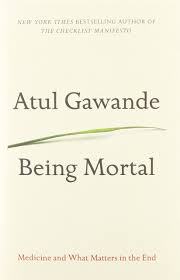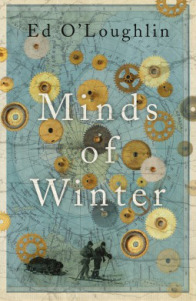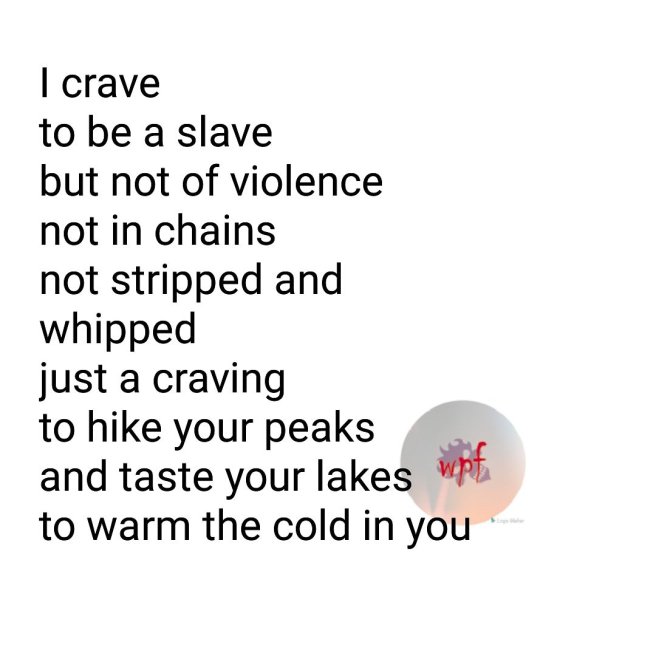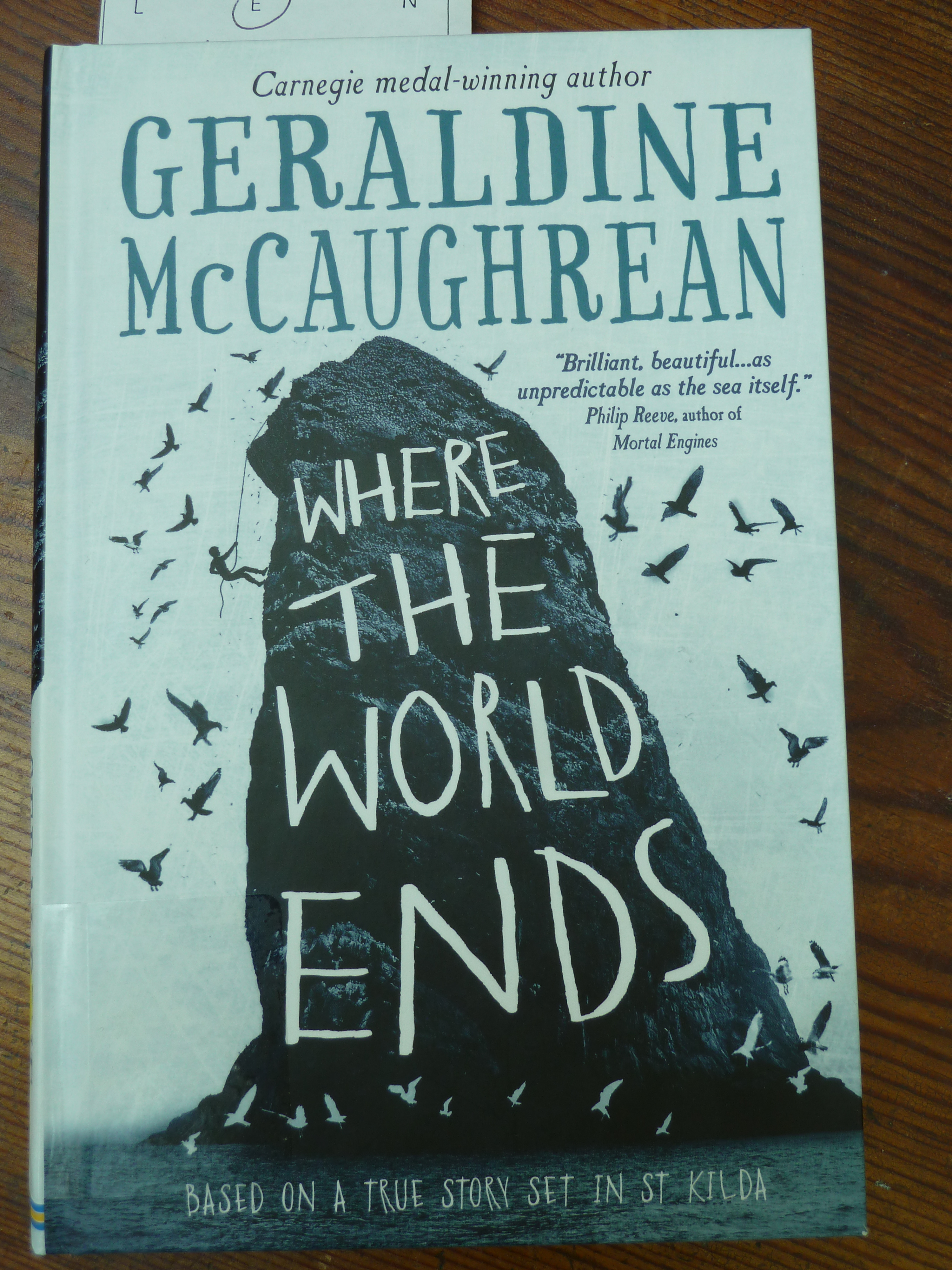
Hello Fellow Reader,
Being Mortal by Atul Gawande is the book for my book club this month. The book’s subtitle is Medicine and What Matters in the End. This book is a thought-provoking read.
I will warn you that it is not an easy book at the start. In the author’s own words,
“This is a book about the modern experience of mortality – about what it’s like to b creatures who age and die, how medicine has changed the experience and how it hasn’t, where our ideas about how to deal with our finitude have got the reality wrong.”

It is a very hard subject. As Bette Davis so famously said, “Old age ain’t no place for sissies.” But keep reading. The book is very interesting and can give you an interesting perspective on aging and dying. After all, we all have to die. This book suggests that you might give it some thought ahead of time. Modern medicine can do many things to keep you alive and you may need to give some thought to what you really want – what is important to you as you grow old.
I was particularly struck by the thought that when we leave the decision making to loved ones that their perspective is different from our own.
“We want autonomy for ourselves and safety for those we love. That remains the main prolem and paradox for the frail. Many of the things that we want for those we care about are things that we would adamantly oppose for ourselves because they would infringe on our sense of self.
It’s the rare child who is able to think, ‘Is this place what Mom would want or like or need?’ It’s more like they’re seeing it thought their own lens. The child asks, Is this a place I would be comfortable leaving Mom?”
Perhaps because I have had to make this decision for my parents, I was hit more by this discussion. While I wanted them to be able to have their own apartment, I did not consider that they would have to live with a schedule. That they would have to be up by a certain time each morning so that my mother could receive the help she needed with bathing and dressing. That she could no longer decide that she wanted to stay in bed for an extra hour just because it felt good to do so. Would I want that for myself?
The author looks at how care for the elderly has evolved and highlights some places where the care seems to take into account the needs of the elderly to remain autonomous while still being cared for. The book uses examples of cases and how things were done and how things went well or could have been done better.
While a different, this book and the book, When Breath Becomes Air, both talk about what measures can be taken to keep a patient alive and whether the quality of life should play more of a role in the decision making. Medicine can do amazing things to keep a body going but the result of that intervention does not necessarily result in a better quality of life. That perhaps there needs to be a franker discussion about the possible and probable outcomes of some interventions.
When I finished this book, I called my brother to tell him to read this book. He told me that he had read it twice and given it away to two people. (I did not ask why he hadn’t given it to me or even recommended it to me. Brothers…) I then sent a copy to my sister and told her she had to read it. So, yes, I recommend this book. Not an easy subject but it is handled so well in this book. It is a very interesting read.
Thanks for reading!
Advertisements Share this:





